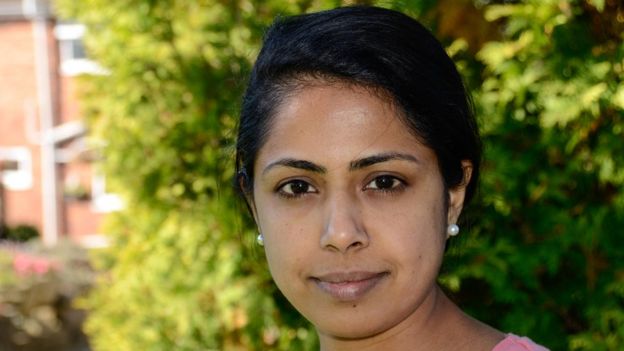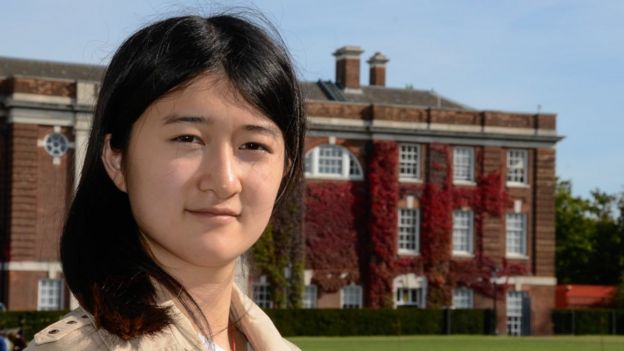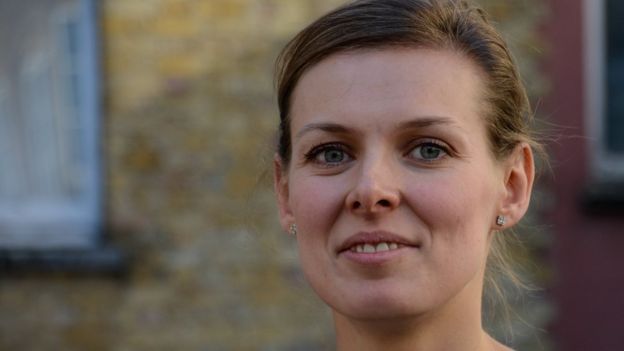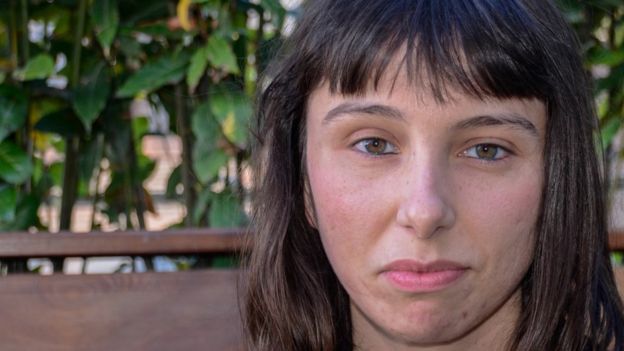Posted on October 23 2015
How do non-EU citizens get a UK visa?
By , Editor
Updated April 03 2023
Skilled workers
The greatest number of migrant visas, nearly 169,000 this year, are tied to people who come to Britain for work. Before they get their visas there has to be a job offer. Beyond this, applications for leave to remain are decided on a points system based on factors including previous earnings, qualifications and age. Josy Joseph, a skilled nurse from Kerala in south India, works in an intensive care unit at a hospital in Kent, after four years at nursing college, a two-year internship and a year working in Saudi Arabia.
Students
This year 280,000 non-EU citizens will enter the UK on study visas. By far the greatest number, around 80,000 of them, will be Chinese. One of these is Cherry Yu Qiu, a 23-year-old from Shanghai who's just finished her Master's degree at Goldsmith's College.
The super-rich
For wealthy people, the route to UK residency is straightforward. Yulia Andresyuk, a lawyer with a London firm which helps the super-rich get residency in Britain, says the basic qualification for a Tier 1 investor visa "is [the] ability to show that you have £2m. Once you receive your visa you would have a certain amount of time, that's three months to invest it into the UK in a certain way. That means investing into government gilts or bonds, buying shares or giving it as a loan to a company operating in the UK. "Initially your visa is given for three years, then it can be extended for another two. After the five years that you have lived here you can apply for your permanent residency."
Backpackers
More than 20,000 people living in the UK this year will have Youth Mobility Scheme visas, which are valid for two years. They need to be aged 18 to 30 and have £1,890 savings. They come from a mixed bag of countries including Australia, New Zealand, Canada, Japan and even Monaco. One of them, Australian Nate James, became a waiter in London.
Descendants
For those with British ancestors, the door to the UK is still open. A UK Ancestry visa, allowing someone to work in the UK for five years, is available to Commonwealth citizens with British (and in certain cases Irish) grandparents. After five years, the visa holder can apply for an extension or to settle in the UK permanently. Three weeks after being thrown out in January last year Nate, the Australian backpacker, discovered that his grandmother had been born in Sheffield and "immediately applied for ancestry to come back and finish what I'd started". Just over 4,000 of these visas were issued last year.Entrepreneurs
The UK also provides visas for those who want to set up or run a business in the UK. Natalie Meyer, a 26-year-old Californian, was a postgraduate student at the LSE. But, with new rules allowing postgraduate foreign students just four months to look for work and an employer to act as sponsor, she decided to apply for an entrepreneur's visa.
Family
It was an arranged marriage which brought Pragati Gupta to Swindon two years ago. She'd met her husband Aviral Mittal, a micro-electronics engineer, via an online matchmaking website. They're both from India but he's a British citizen and has been in the UK since 2000. As Pragati puts it: "I was looking for a match and he meets my requirements." She says she always wanted to go abroad and after the wedding, back in India, a Family Visa, available to a spouse or child of a UK citizen, entitled her to enter the UK. There will be just over 35,000 family visas issued this year. Pragati is delighted with the UK - she says life is more fun and exciting here. She's also pleased with her husband, saying he's humble, down to earth and family-minded and that "you make a match but then you start talking and the love develops". http://www.bbc.co.uk/news/uk-34518410Tags:
Share
Options for you by Y-Axis
Get it on your mobile
Get News alerts
Contact Y-Axis

